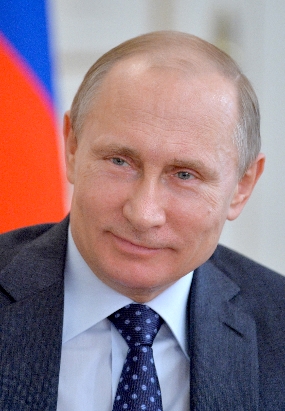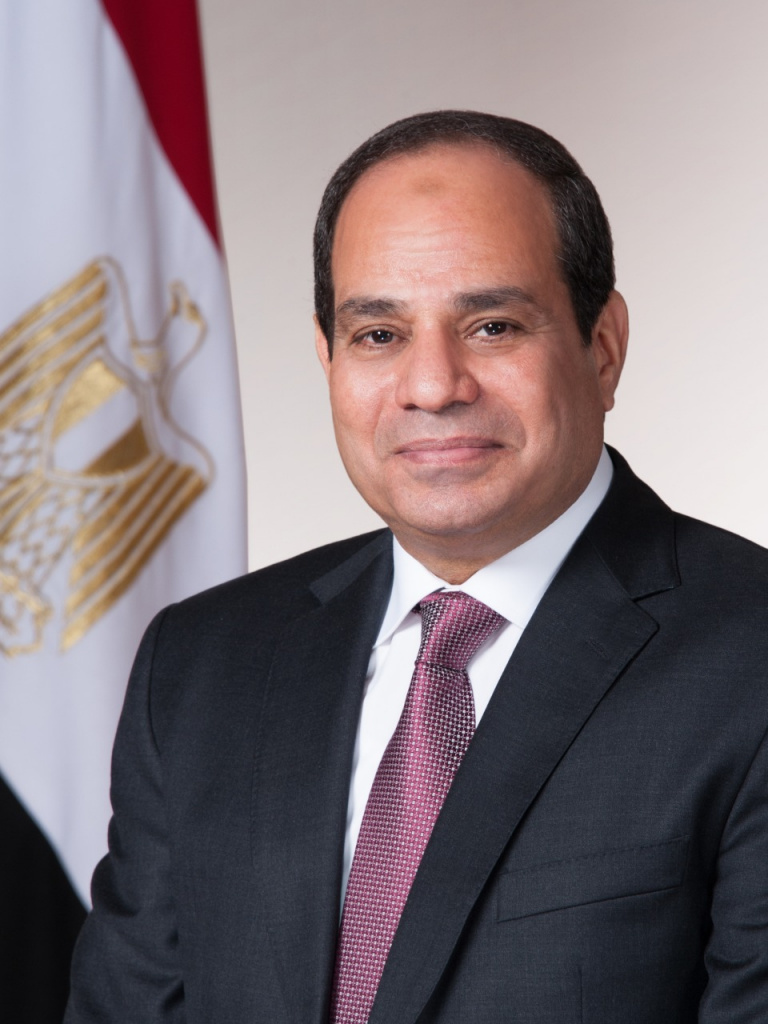Panel Discussion at Russia–Africa Forum Says Cross-Party Cooperation Could Strengthen International Security amidst Geopolitical Instability
The panel discussion ‘International Security in Times of Geopolitical Instability: Cross-Party Cooperation’ opened the ‘Integrated Security and Sovereign Development’ pillar of the business programme of the Russia–Africa Economic Forum on 27 July. The discussion was moderated by Deputy Chairman of the Russian Federation Council’s International Affairs Committee Andrey Klimov. The speakers included Deputy Chairman of the Russian Federation Council Konstantin Kosachyov, Zimbabwean President Emmerson Mnangagwa, First Deputy Secretary General of the African National Congress (South Africa) Nomvula Mokonyane, Namibian Deputy Prime Minister and Minister of International Relations and Cooperation Netumbo Nandi-Ndaitwah, and Director of the Africa Department of the Russian Ministry of Foreign Affairs Vsevolod Tkachenko, among others.
Klimov was the first to speak. “We will be hosting a very important event that was initiated by the United Russia party. It will be held in late October and will be about consolidating the forces that still want to stop neo-colonialism and its spread and removing this dangerous phenomenon from world history altogether. We hope to establish an informal, but global movement there, specifically against these practices of modern neo-colonialism. And the organizing committee, which was created on the basis of our strategic partners in the cross-party dialogue from all continents, is already working at the heart of this movement,” Klimov said.
The event participants agreed that there have been major changes in the current geopolitical realities, and threats to global security are growing. Meanwhile, the countries of the Global North continue to pursue their aggressive neo-colonial policy in Africa. The speakers discussed the need to build up cooperation between the political parties of Russia and Africa.
Mnangagwa, who is also chairman of the Zimbabwe African National Union – Patriotic Front, noted: “Russia has played a huge role in our battle against imperialism and colonialism. This historical connection between Russia and Africa is a guiding principle for us in the fight against imperialism. We view Russia as a consistent ally. We have been under colonial oppression for several hundred years, and we have experience in dealing with it.”
Kosachyov said: “The time has come to start forming a new international of political parties. I am not afraid of this word. For the sake of discussion, an international of a multipolar world or an international for multipolarity that would include parties, regardless of their political platforms on matters concerning internal development. Maybe someone is in favour of the greater role of the state, someone for a smaller one. Perhaps someone is for raising taxes, someone is for lowering them. Maybe someone is for raising the retirement age, and someone wants to lower it. But these are all sovereign issues concerning each country’s internal development. Each political party can have its own point of view on these issues.”
Mokonyane stated: “South Africa and Russia are actively cooperating within the UN, G20, and BRICS, criticizing the unipolar world order, and are committed to building a multipolar world. These ideas are the cornerstone of our desire for international cooperation. We seek to live in a world based on mutual respect, from which everyone benefits. The African National Congress respects the UN and its charter as the basis of international law, but we call for the reform of global institutions to avoid a unipolar world where decisions are made by one country.”
Netumbo Nandi-Ndaitwah said: “The [South-West Africa People's Organization] party and the people of Namibia believe in multipolarity, and we understand the importance of working together. With the help of many freedom-loving countries, we have been able to achieve independence. One of the key issues for achieving international peace amidst geopolitical instability is cross-party cooperation, because political parties are institutions that reflect the aspirations of the people better than any other organizations, so it is crucial to develop political cooperation in order to establish coordination between peoples and international organizations and meet the challenges needed for peace and stability all together.”


